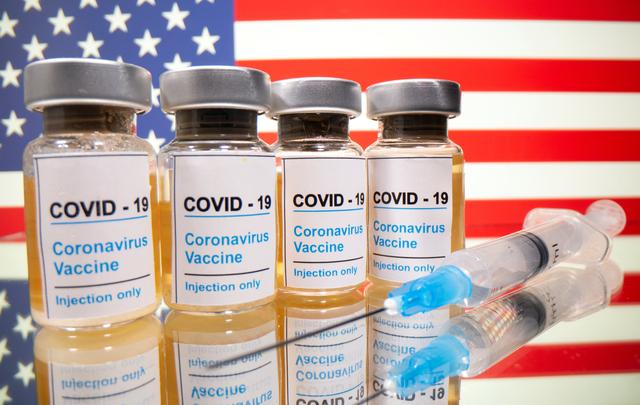Starting from December 15th local time, the United States began a large-scale vaccination of the novel coronavirus, of which the first batch of vaccines were mainly for medical staff.
However, in recent days, vaccine safety problems have emerged one after another, and many of the first batch of vaccinators have shown adverse reactions. In addition, the preservation conditions of Pfizer vaccines are extremely harsh, resulting in some vaccines being scrapped during transportation, which has greatly hit the willingness of the American people, especially medical staff, to inoculate.
According to CNN, there have been two consecutive cases of adverse reactions among medical staff after being vaccinated against Pfizer in Alaska. The first medical staff was vaccinated on the 15th local time, and 10 minutes later, he developed allergic reactions such as rapid heartbeat, shortness of breath and rash. The second case occurred on the 16th.
Also 10 minutes after vaccination, the vaccinator developed symptoms such as eye edema, dizziness and throat. The hospital believes that the second case is by no means a simple “allergic reaction”. Previously, the FDA warned that Pfizer and Modena vaccines may cause adverse reactions, and said that they should be alert to the possibility of allergic reactions and facial paralysis. At the same time, due to harsh transportation conditions, there have been many vaccine scrapping incidents in recent days.
On the 16th local time, General Gustav Pena, chief operating officer of the federal government’s “Operation Warp” project, said that two trays of a batch of Pfizer vaccine destined for California dropped to minus 92 °C during transportation, which was below the standard of minus 80 °C. At present, the delivery of this batch of vaccines has been urgently suspended. In addition, the same situation occurred during the transportation of vaccines sent to Alabama and New Mexico.
A large number of medical staff in the United States have shown resistance to the possible adverse reactions of vaccination and the problems that harsh transportation conditions may lead to.
A survey of local health care workers at the University of California, Los Angeles found that two-thirds of the medical staff wanted to delay or unwilling to receive vaccination; more than half believed that the pressure from the federal government had caused the development of the vaccine to be too hasty.
Experts believe that the low willingness of the American people, especially medical staff, to be inoculated will pose great challenges to the prevention and control of the COVID-19 epidemic.



